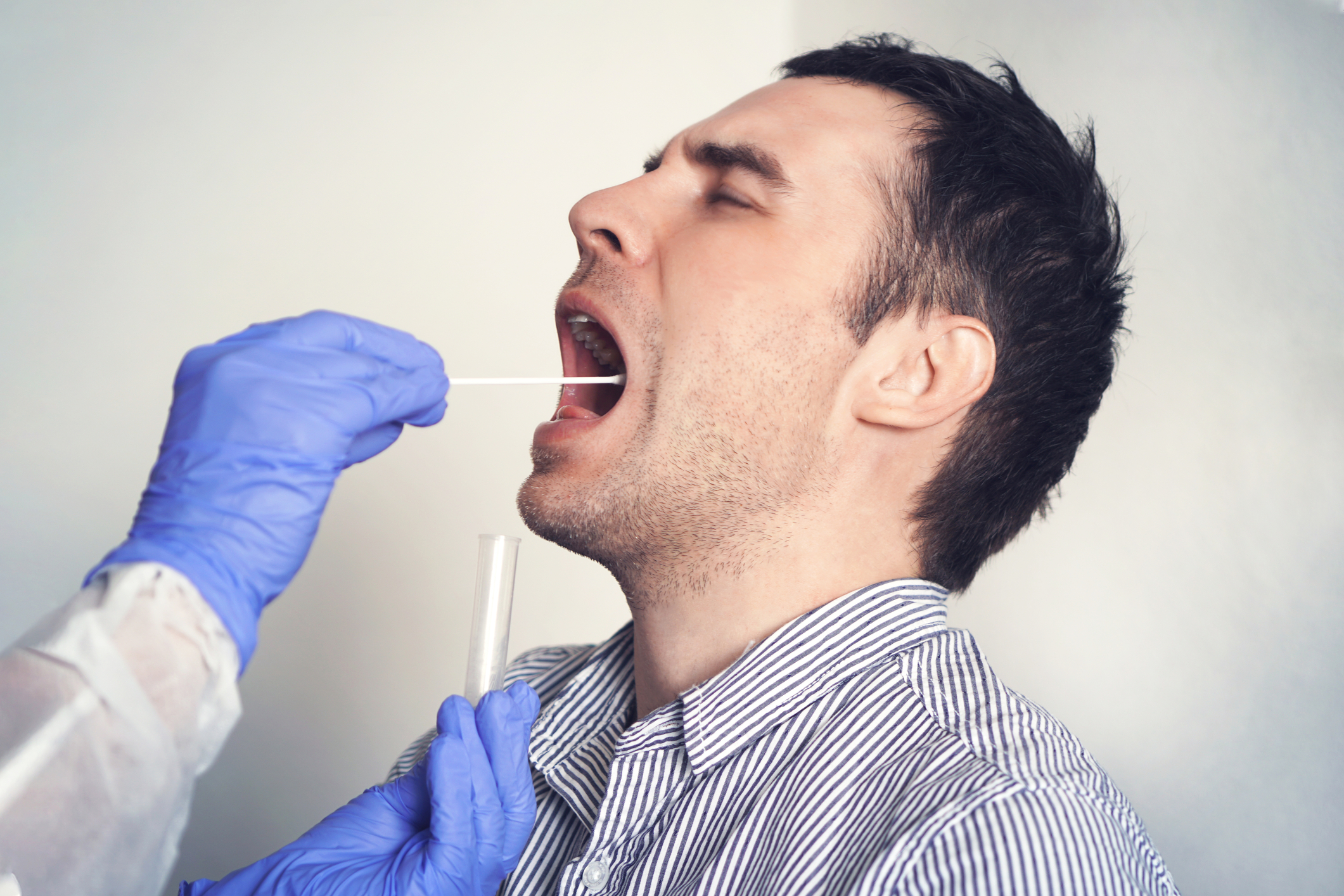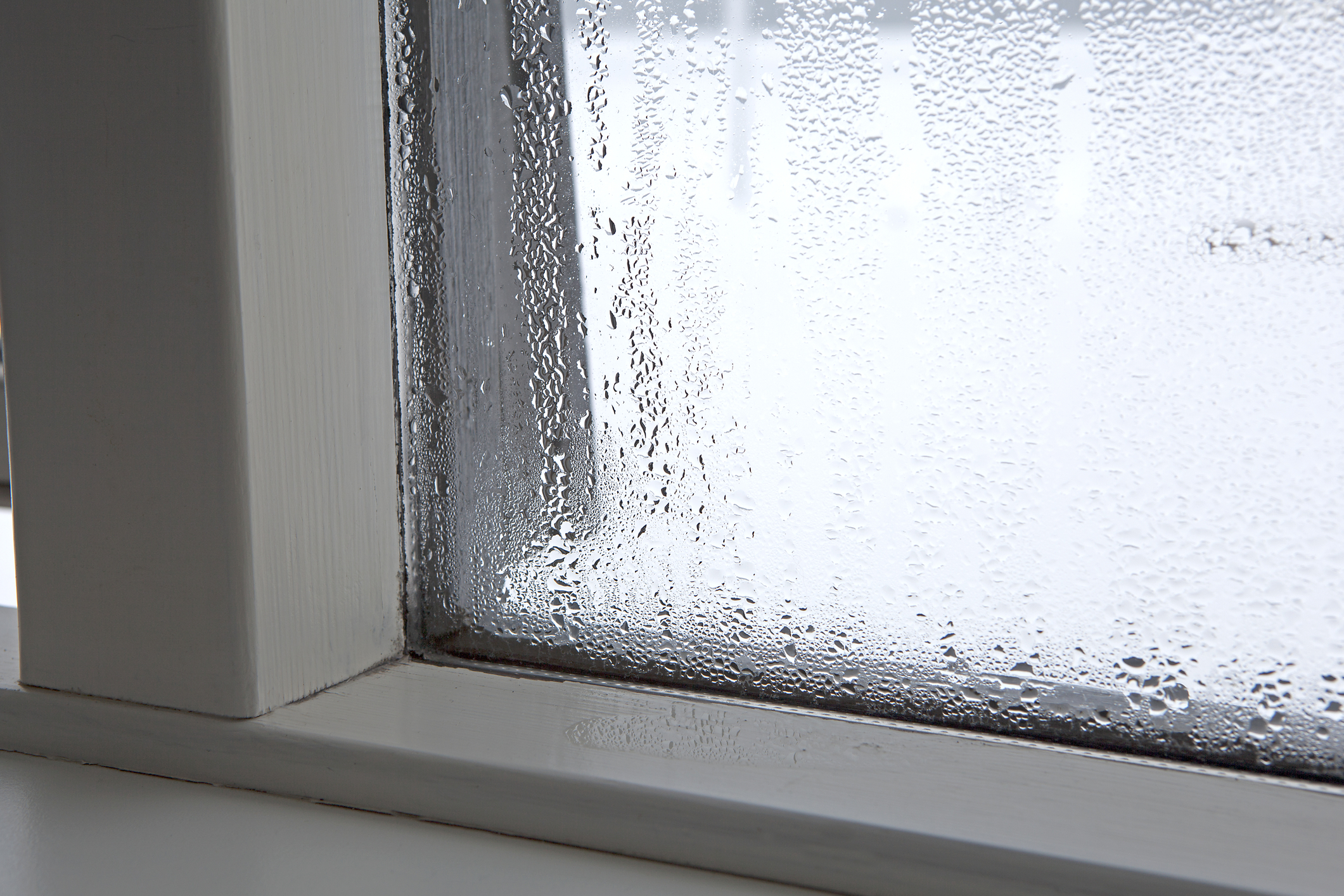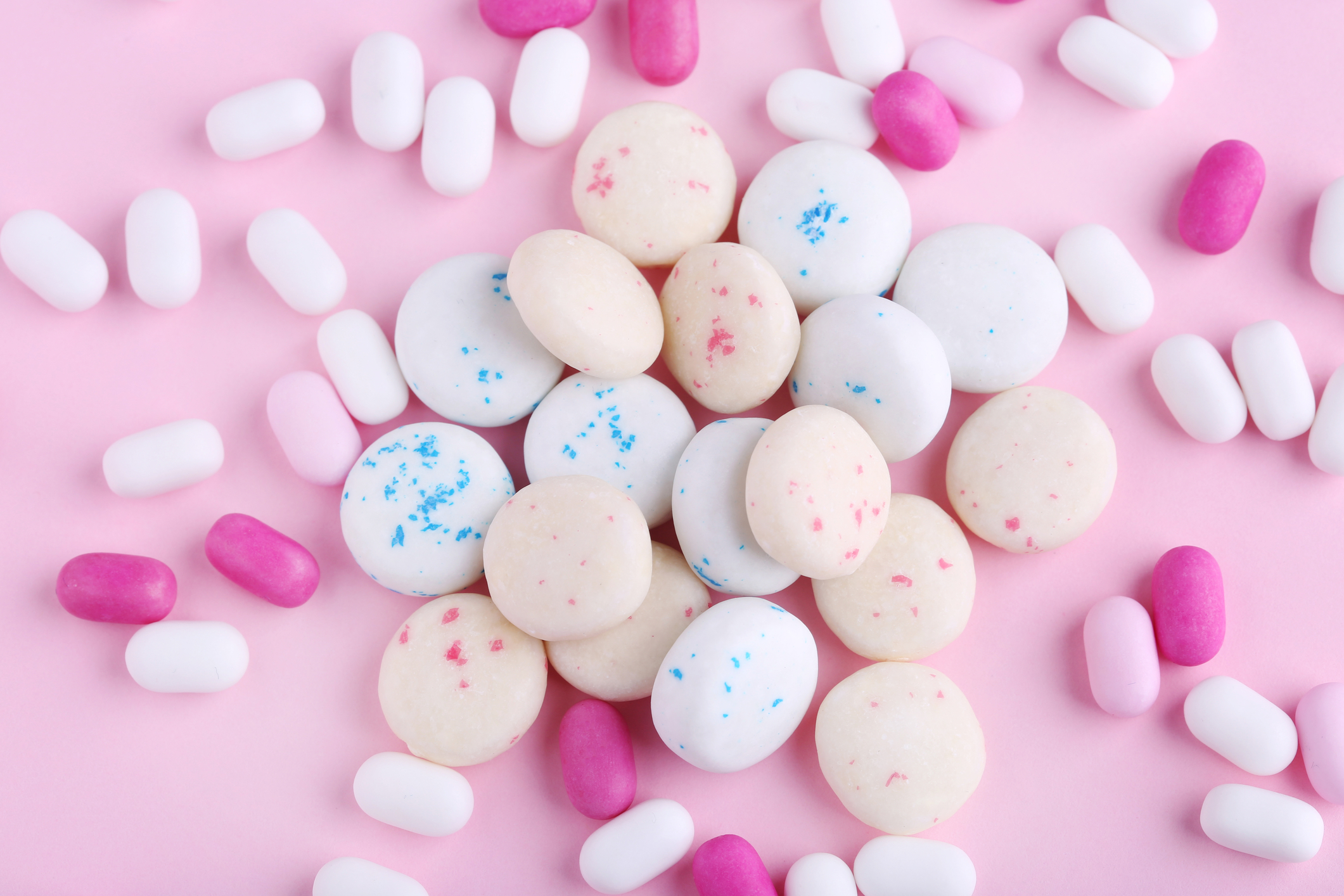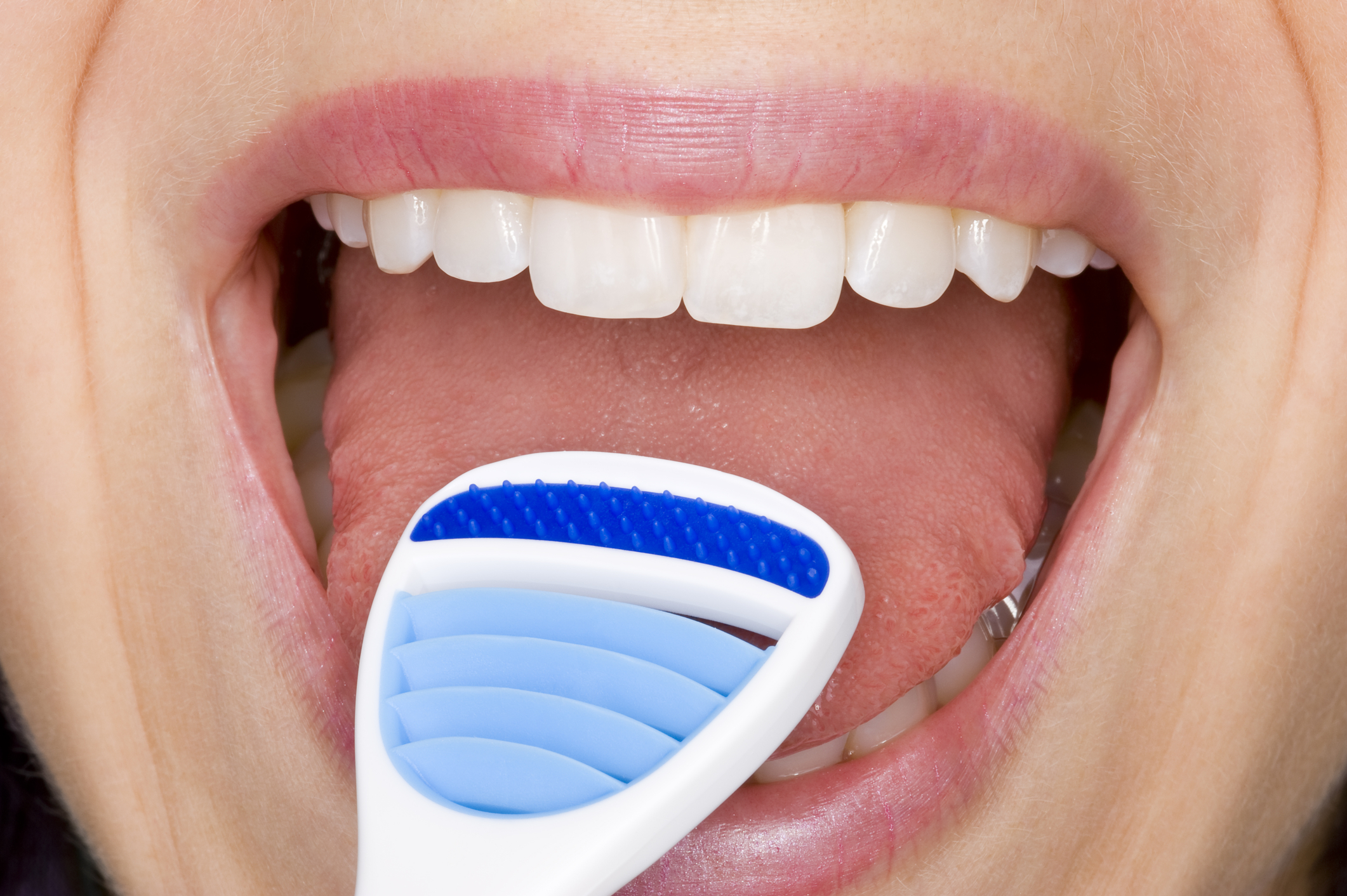Dry Mouth Debunked: Five Striking Solutions to Soothe Your Suffering
Before delving into the striking solutions to soothe the suffering caused by dry mouth, it is important to understand the science behind it. Saliva, a necessary life fluid, helps us digest food and guards the mouth against infections by regulating the growth of bacteria and fungi. Dry mouth, medically known as xerostomia, indicates a deficiency in saliva production. It is often a common side effect of various medications, such as antihistamines, antidepressants and painkillers, and can also occur due to nervousness, stress or certain medical conditions, such as diabetes and stroke.
Understanding its causes is the first step to managing and treating dry mouth. Depending on severity and frequency, the impact of dry mouth on one's quality of life can vary, leading to difficulties in speaking, swallowing and tasting. It may also cause bad breath, cracked lips, and an increased risk of oral infections.
Hydrations Role in Dry Mouth Relief

Perhaps the simplest yet most effective approach to mitigating dry mouth is increasing fluid intake. Studies suggest that keeping the body properly hydrated not only aids in saliva production, but also washes away food particles and bacteria, providing momentary relief from dryness. Regular sips of water, particularly during meals, assists in swallowing and can significantly improve dry mouth symptoms. It is also recommended to avoid caffeinated beverages and alcohol, as they can lead to dehydration.
Prescribed Saliva Substitutes

Medical interventions can provide significant relief from the symptoms of dry mouth. For persistent cases, healthcare professionals may prescribe saliva substitutes. These commercial products, available in various formats like sprays, swabs, or liquids, mimic the function of natural saliva to moisten the mouth. However, these medications are not without side effects and may not be suitable for everyone.
Humidity Helps

Ever wondered why your dry mouth tends to feel worse in the mornings? It might be linked to low humidity levels in your bedroom. Studies have shown that using a humidifier at night can increase the moisture in the surroundings and thus prevent the mouth from drying out. Breathing through the nose instead of the mouth at night can also assist in retaining moisture.
Sugar-Free Chewing Gums & Lozenges

Chewing gum and sucking on lozenges are old-fashioned remedies that have stood the test of time. Such activities stimulate the salivary glands to produce more saliva. However, the trick is to opt for sugar-free versions, as sugar can promote tooth decay, especially in a dry mouth. Moreover, many sugar-free products contain xylitol, a natural sugar substitute that has been shown to help reduce oral bacteria.
Optimal Oral Hygiene Practices

The last, but definitely not the least important, solution lies in maintaining strict oral hygiene. Brushing twice a day with a fluoride toothpaste, flossing regularly, and going for regular dental check-ups can notably decrease the incidence of dry mouth. It's essential to remember that while dry mouth might seem like a minor inconvenience, neglecting it could potentially lead to serious dental issues including cavities and gum disease.